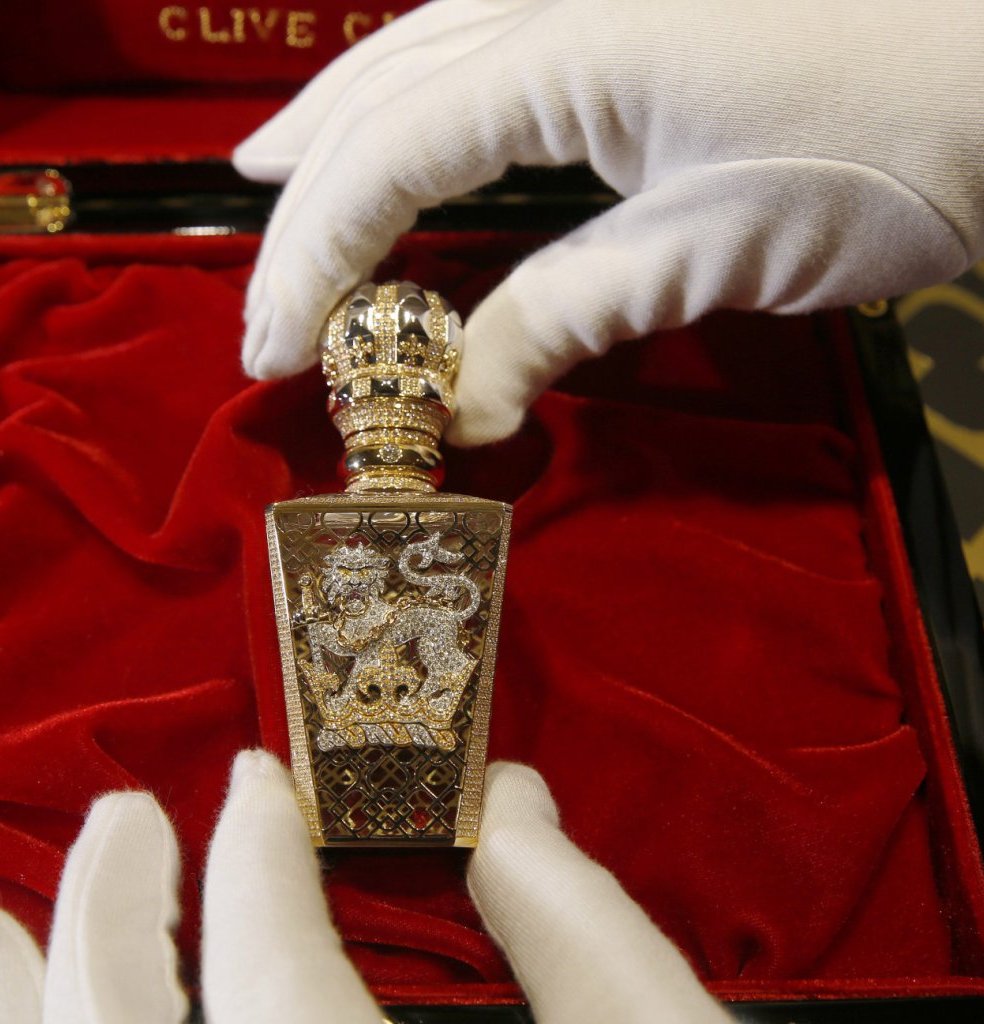Niche scents causing a stink for big business perfumers
The mammoth success of the global US$26-billion fragrance industry may be its undoing. Bored by the ubiquity of big-name scents, customers are turning increasingly towards niche and exclusive collections. Industry analysts say many mainstream labels such as Yves Saint Laurent, Armani and Lancome have been launching too many so-called “flankers” or variations of the same perfume name, adding to confusion among consumers and overcrowding the market. Also, consumers have become more demanding and knowledgeable. Niche brands differ from their bigger rivals in that they focus more on the originality of the scent than the packaging and the image projected via a celebrity. They also usually use higher concentrations of perfume extracts and more natural ingredients which tend to last longer.
The growing movement by key fragrance houses towards more exclusive collections does indicate that there is demand for niche, alternative scents even if they sell at high price points.
Nicholas Micallef from Euromonitor
While there are no official statistics on niche scents, analysts estimate they may already represent as much as 10 percent of total high-end fragrance annual sales. Michael Edwards, author of the “Fragrances of the World” guide, currently tracks 360 niche perfume brands compared to under 100 less than a decade ago. His guide counts 1,642 perfume brands overall. Already, competition from niche brands and the launch of exclusives has hit big names such as L’Oreal’s Ralph Lauren and Coty’s Calvin Klein. Research firm Euromonitor found they both lost market share in North America and Western Europe. Perfume sales at Coty - which heavily relies on celebrity branding - have been declining for more than a year now while perfume sales in general in North America and Western Europe have been flattish to declining in the past two years.

perfume Business